Russian President Putin: Russia will always stand by Iran and support it during difficult times
In a statement that underscores the deepening ties between Russia and Iran, Russian President Vladimir Putin recently declared that Russia will always stand by Iran and offer its support during difficult times. This declaration comes amid increasing geopolitical tensions in the Middle East, with both nations facing pressures from Western powers and regional challenges. Putin’s comments reflect a commitment to strengthening the bilateral relationship between Russia and Iran, particularly in the context of their shared interests in the region.
The Growing Russia-Iran Alliance
Russia and Iran have long maintained a strategic partnership, especially in the realms of military cooperation, energy, and regional influence. Over the years, the two countries have aligned on various issues, including their stance on Syria, where both nations have supported the government of President Bashar al-Assad in the ongoing civil war. Additionally, Iran’s nuclear program has been a key point of diplomatic engagement for both Russia and Iran, with Moscow playing a crucial role in negotiations surrounding Iran’s nuclear activities.
The relationship between Russia and Iran has grown even more significant in the face of growing international isolation for both nations. For Iran, Western sanctions, particularly from the United States and the European Union, have placed immense pressure on its economy and political system. Similarly, Russia has faced its own set of sanctions from the West, particularly following its annexation of Crimea in 2014 and its involvement in the conflict in Ukraine.
Given these shared challenges, the strategic partnership between Russia and Iran has become increasingly vital. Putin’s recent statement reinforces this alliance, signaling to both domestic and international audiences that Russia remains steadfast in its support for Iran, especially as Tehran navigates both internal and external pressures.
Putin’s Statement and Its Implications
Putin’s statement that Russia will “always stand by Iran” is not just a show of solidarity but also a reminder of the deepening cooperation between the two countries. His words come at a time when Iran faces mounting difficulties, both on the international front and within its borders.
The ongoing tensions between Iran and the West, particularly regarding Iran’s nuclear program, have been a source of constant friction. Despite the 2015 nuclear deal (the Joint Comprehensive Plan of Action, or JCPOA) that was signed between Iran and several world powers, the U.S. withdrew from the agreement in 2018 under former President Donald Trump. Since then, Iran has faced severe economic and diplomatic consequences, particularly as sanctions on its oil exports have crippled its economy.
Russia, on the other hand, has consistently opposed U.S. sanctions and has called for the return to the nuclear agreement, which it helped negotiate. Moscow’s continued support for Iran in the nuclear arena has solidified its position as a critical ally for Tehran in its pursuit of economic and political stability.
Shared Interests: Military Cooperation and Energy Security
One of the key pillars of the Russia-Iran alliance is military cooperation. Both nations have worked together in Syria, where Iranian forces, along with Russian military support, have helped to prop up the Assad regime. Iran has also provided Russia with access to its military infrastructure in the region, allowing Russian forces to conduct operations from Iranian bases.
In addition to military ties, energy cooperation plays a crucial role in the bilateral relationship. Iran is one of the world’s largest producers of oil and natural gas, and Russia, with its vast energy resources, has long seen the Middle East as an important region for securing its own energy interests. Both countries have been involved in various energy projects, and they share mutual concerns about Western dominance in global energy markets.
For Russia, strengthening its partnership with Iran offers the opportunity to counterbalance U.S. influence in the region and globally. By supporting Iran’s energy sector and fostering closer ties, Russia not only helps Iran weather the effects of sanctions but also ensures its own influence in the Middle East remains strong.
The Broader Geopolitical Context
Putin’s declaration also takes place within a broader context of shifting alliances and geopolitical tensions. As Russia faces heightened competition with the West, particularly in Europe and the U.S., strengthening ties with Iran serves as a strategic countermeasure. The shared animosity towards Western policies and institutions has forged a stronger bond between Moscow and Tehran, with both countries working together to challenge the U.S.-led global order.
At the same time, Iran has deepened its relationships with other countries, such as China, as part of its strategy to diversify its economic and political partnerships. While China has become an increasingly important partner for Iran, especially in terms of trade and investment, Russia remains a key player in the Middle East. Together, Russia, China, and Iran form a formidable geopolitical bloc that seeks to challenge U.S. influence in the region and globally.
However, this alliance is not without its complexities. Despite their close cooperation, Russia and Iran have occasionally found themselves at odds, particularly when it comes to regional policies in places like Syria. While both support Assad, they have different visions for the future of the Middle East and the role of external powers in the region.
The Significance of Putin’s Support for Iran
Putin’s reaffirmation of support for Iran during difficult times has significant implications for the future of U.S.-Russia and U.S.-Iran relations. For the United States, the continued strengthening of the Russia-Iran partnership is a troubling development, as it challenges Washington’s efforts to isolate both countries.
From Tehran’s perspective, Putin’s statement offers reassurance that Russia remains a reliable ally in the face of increasing international pressure. For Iran, having the backing of a major global power like Russia provides a degree of security in the face of sanctions, diplomatic isolation, and regional instability.
Moreover, Putin’s words signal to the international community that Russia intends to maintain its influence in the Middle East, where its relationship with Iran is an essential element of its broader regional strategy. Whether this alliance will hold in the long term remains to be seen, but for now, Russia’s support for Iran remains a cornerstone of the two countries’ diplomatic and strategic calculus.
Conclusion: A Stronger Russia-Iran Partnership Ahead?
President Vladimir Putin’s statement that Russia will always stand by Iran during difficult times highlights the continued deepening of the bilateral relationship between the two nations. In the face of shared challenges, including Western sanctions and regional instability, Russia’s support for Iran remains unwavering. From military cooperation to energy partnerships, the two countries have found common ground in ways that benefit both sides.
As geopolitical dynamics continue to shift in the Middle East and beyond, it is clear that the Russia-Iran alliance will continue to play a significant role in shaping the future of the region. Whether this partnership will expand to address new challenges or face new strains will depend on how both nations navigate their interests on the global stage.
With tensions between the U.S. and both Russia and Iran continuing to rise, Putin’s statement serves as a powerful reminder of the importance of this strategic relationship. It also signals that the global order is changing, with Russia and Iran increasingly positioned as key players in a world where Western influence is being challenged.


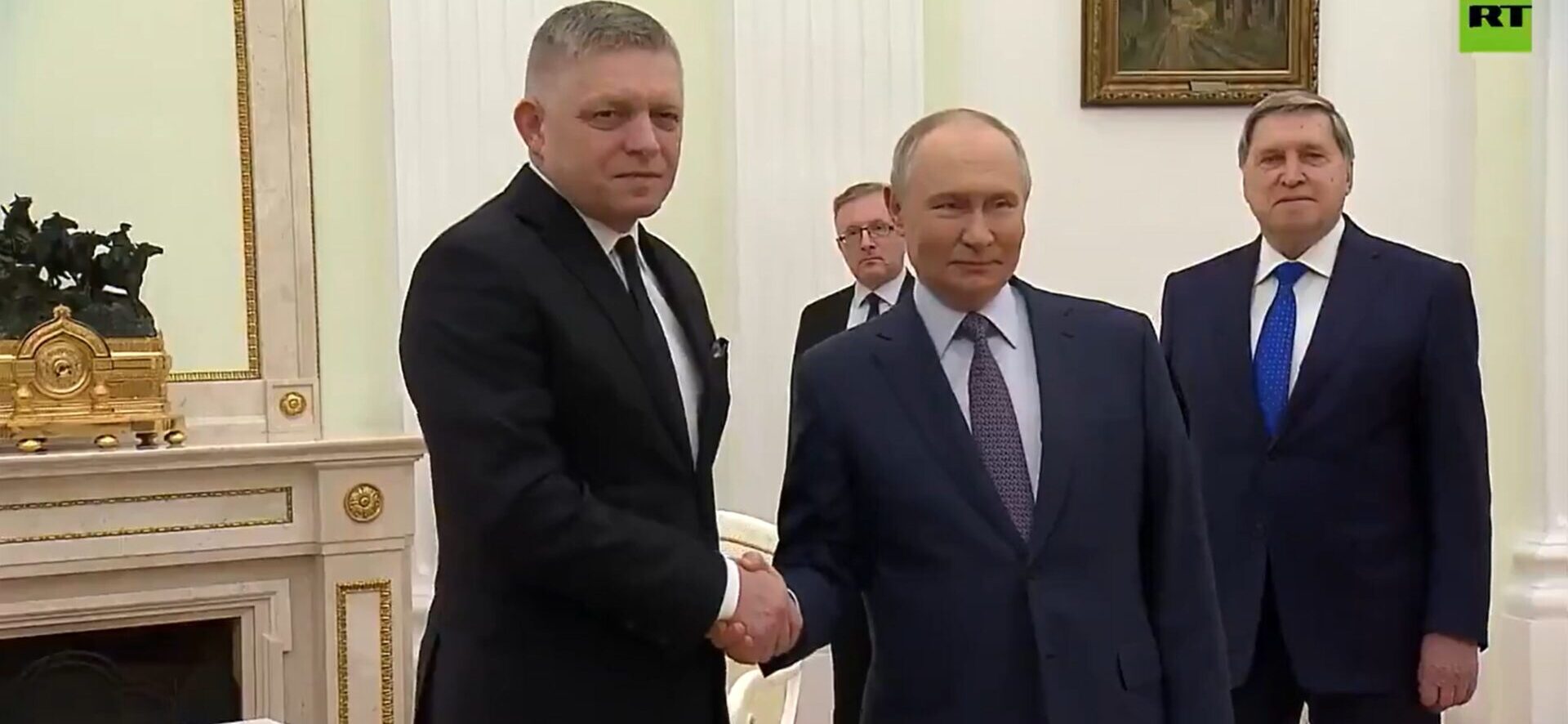

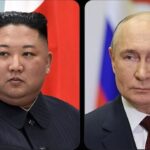
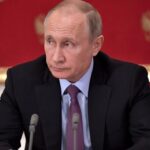

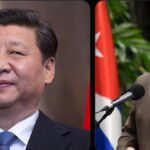
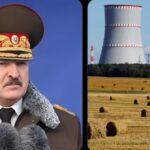








Post Comment